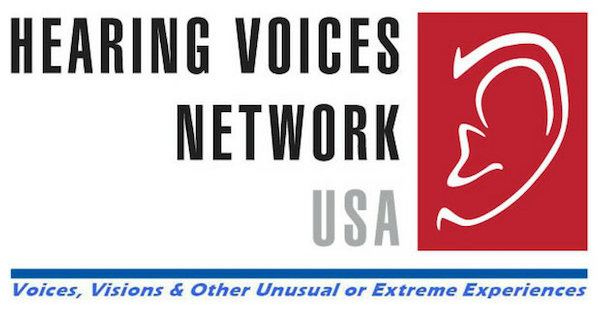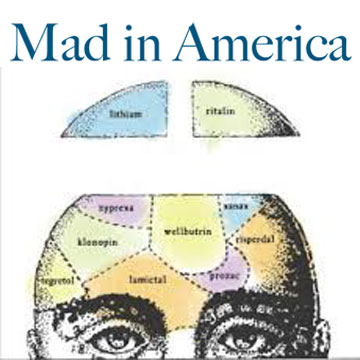I was graced with the opportunity to attend a three-day Hearing Voices Network Facilitators’ Training this month conducted by Western Mass Recovery Learning Community trainers. Within the Hearing Voices Network all possible explanations for experiences that would typically be labeled psychosis in a clinical setting are welcomed and allowed along with the additional perspective that the experiences are just a normal variation of human experience. It was stated that one in 10 people hear voices at some point in life and two thirds of them never seek psychiatric services. The Hearing Voices Network is composed of self-help groups throughout the world where people come together to talk about their voices, visions, and unusual experiences in a non-clinical environment with no assumption of an underlying illness to their experiences and no requirement to have any exposure to the mental health system to attend groups. Each individual is allowed the freedom to interpret their experiences in any way and the group accepts that voices and visions are real experiences. The Hearing Voices Network can be considered a civil rights movement that started when a patient confronted the psychiatrist Marius Romme in the 1980’s about limitations of the psychiatric care being provided. Regarding psychiatry’s attempts to stop voices with treatment, Romme eventually compared “eradicating people’s voices to forcing homosexuals to become heterosexual” (Sapey & Bullimore, 2013, p. 4). The groups started in the United Kingdom and are in at least 32 countries around the world now. In the United States there are at least 94 registered groups. The State of Maine Substance Abuse and Mental Health Services has been funding trainings to facilitate the growth of Hearing Voices Network groups. Though not all Maine groups are listed yet, http://www.hearingvoicesusa.org/ does have a listing of some Maine groups including one in Portland. There are additional meetings in Maine forming at peer drop in centers.
Reference
Sapey, B., & Bullimore, P. (2013). Listening to voice hearers. Journal of Social Work,
13(6), 616-632.


